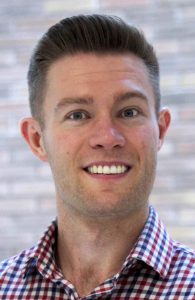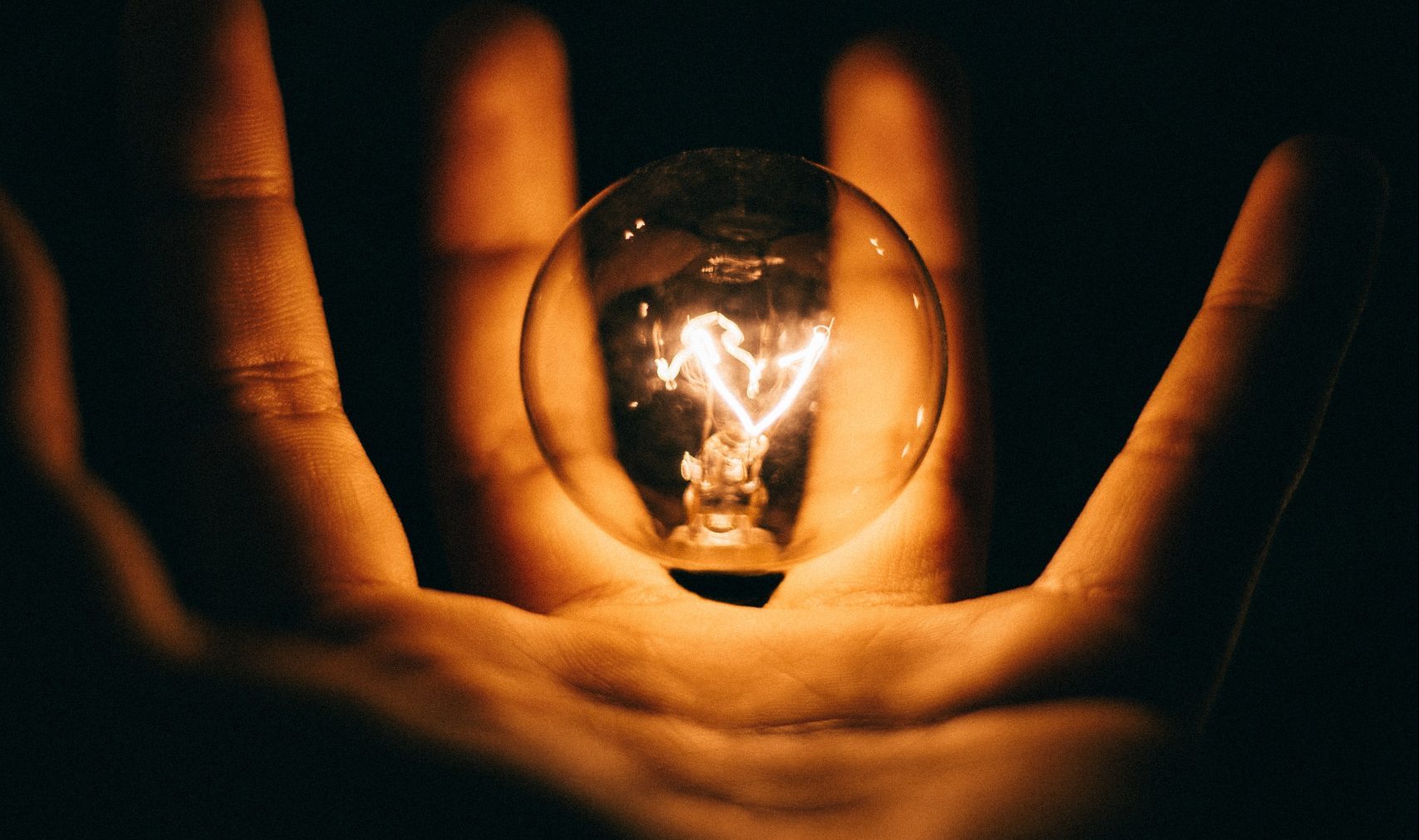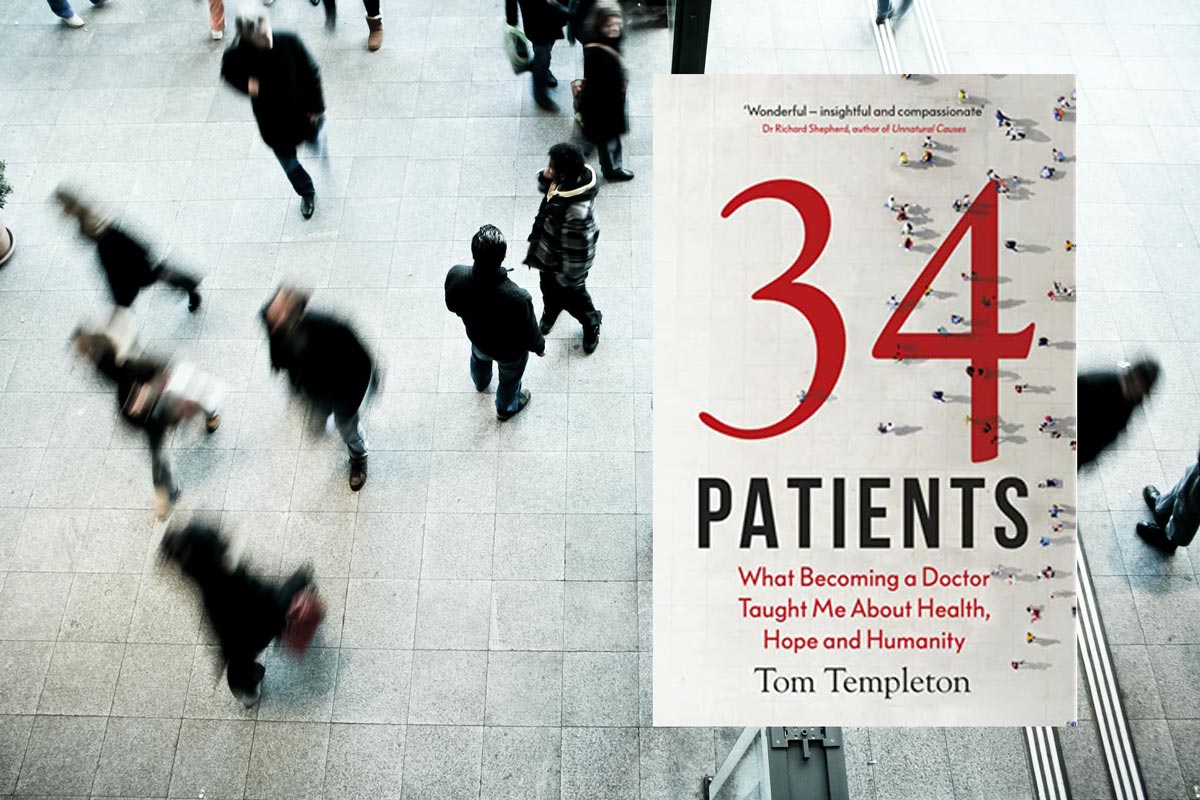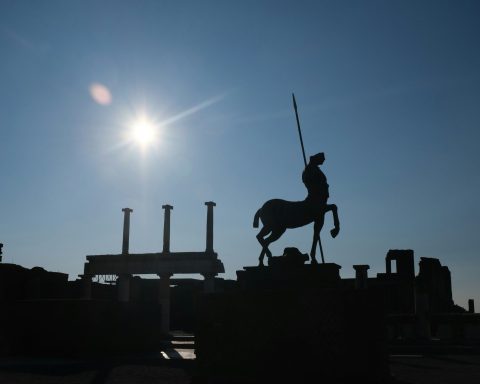
Each year in the UK, the clocks go back one hour at 2am on the last Sunday in October. In 2022, this took place on Sunday 30th October, marking the end of British Summer Time (when there is more daylight in the evenings and less in the mornings) and taking the country back to Greenwich Mean Time (GMT) with more daylight in the mornings. For the majority of people – including those who were not working a night shift at the time – the clocks going back as we descend into winter each year generates an additional hour that we generally choose to spend – with substantial anticipation and even glee – asleep in bed. But is this the best way to make use of this ‘additional’ hour, or does it present us with an annual opportunity to engage in an exercise of catharsis that has the potential to influence our relationship with the finitude of time, prompt us to identify what we truly value in life, and alter our behaviour in a deeply meaningful way?
.
..for me, the notion of an ‘additional hour’ is an extraordinary concept suffused with opportunity that should not be overlooked.
Eight months ago, my Mum lost her battle with a head and neck cancer. She died in a hospice after a period of palliation, surrounded by her loved ones in the tranquillity of her home town. While most people live to experience the death of their parents, losing my Mum constituted the greatest existential event of my life so far, and compelled me to spend a great deal of time contemplating the nature of mortality, consciousness and, mostly importantly, time. This is why, for me, the notion of an ‘additional hour’ is an extraordinary concept suffused with opportunity that should not be overlooked.
Now, I’m fully aware that, by turning the clocks back so they read an hour early, time isn’t generated or produced out of thin air. I understand that we subsequently ‘lose’ that additional hour on the last Sunday of March each year, as we enter British Summer Time overnight and so lose an hour in bed. I’m also aware that time is a dimension that doesn’t care about what our clocks say, and its arrow continues determinedly and unwaveringly, and without any regard whatsoever for humanity’s convenience. But, in the same way that we allow horror movies and rollercoasters to absolutely terrify us, which we do so voluntarily while in the certainty of our safety, perhaps (by choosing to perceive it differently) this ‘additional’ hour could be enticed to provide additional utility for us. Just like at the cinema or the white-knuckle ride theme park, by willingly suspending our disbelief at the clockface, our reflections might generate some meaningful insights into the characteristics of time that all humans experience.
The exercise I propose is concerned with how we choose to regard the time available to each of us. For myself, time can be viewed in one of two ways: in the first view, time consists of a vast ocean of hours. UK average life expectancy currently stands at 81 years, thereby creating an expansive ocean of around 700,000 hours each, meaning most individual can reasonably expect to 700,000 hours of time from this ocean one hour at a time. From this view, the notion of an ‘additional’ hour constitutes an imperceivable drop in this staggeringly vast ocean, an accidental rounding error that generates an insignificant duration of additional time that is indistinguishable from the thousands of other hours just like it. From this view, the extra 60 minutes created by turning the clocks back is simply inconsequential, and therefore ought simply to be spent sleeping in bed. In the second view, this ‘additional’ hour is considered to be a gift, having been generated out of nothing and then handed to us with unrivalled generosity. It constitutes an individual, unique and highly improbable entity – like an original piece of art rather than its 700,000th copy – making our choice of what to do with it enormously important. While the first view regards time as dispensable, ordinary and practically endless, the second considers it precious, exceptional, and the foundation of all that is valuable. The view that you choose to adopt will likely alter the way you spend that ‘additional’ hour of time to a profound extend.
If you knew that you would die at precisely 2am tomorrow morning, then suddenly learned that your death would be postponed by one hour, how would you hope to spend those unexpected 60 minutes?
To examine the second view more closely, consider what an extra 60 minutes would mean to an individual at the end of their life. If you knew that you would die at precisely 2am tomorrow morning, then suddenly learned that your death would be postponed by one hour, how would you hope to spend those unexpected 60 minutes? If you were able to do otherwise, it’s unlikely that you’d spend it as just another hour in bed. It’s much more likely that you’d spend it in a way that you value most greatly, such as with loved ones, in nature, or engaging with a loved art form (or perhaps all three at the same time). By seeing this ‘additional’ hour from the second view – as an unlikely and precious gift rather than just another hour of many – we could be motivated to behave differently while we experience that time in our lives, and in close alignment with ourvalues to make the most of what it offers.
Now, there’s nothing wrong with spending that additional hour in bed – we’re all overworked and sleep-deprived, after all. And, if you see this time from the first view, it’s unsurprising that you’d choose to spend it in this way. But, in the same way that you scream loudly while knowing the horror film isn’t real, by suspending your disbelief and purposefully adopting the second view, it may compel you to act differently and in a deeply meaningful way. It isn’t my place to suggest how this time ought to be spent, but the results of straw polls reliably repeat themes of relationships, charity, nature, passions and experiences (while actively rejecting the workplace, commuting and unfriendly bosses). Through this article I simply hope to nudge you into adopting the second view of time, and spend that ‘additional’ hour in a way that calls to you.
If you do choose to try this, and hopefully find it valuable, then consider adopting the second view to all hours in your life. Even in the hospice as she approached her final hour, my Mum adored her every moment, which inspired me to try the same. In doing so, she showed me not only the finitude of those 700,000 hours, but preciousness of the time gifted to us, and so the urgency to spend it well, too.
Taking the second view as the clocks go back every year could serve as an annual checkpoint for us to pause and reflect on what matters in our lives. And then, six months later, the same exercise in reverse as we turn the clocks forwards – to identify what is least important and so should be sacrificed to preserve what is precious – offers another opportunity for annual contemplation.
These exercises inspire us to identify our core values. It is immensely important that we each discover these central and personally-guiding principles, as to not actively do so allows others to do this for us. These actors often take the form of ideological activists or marketing departments who are eager to instil within us a pre-formed set of values designed to advance their own agenda rather than reflect our true preferences. I recommend actively identifying your personal values to avoid passively adopting the principles of others.
Turning the clocks back an hour may amount to no more than that, but it could be considered to be something much more. I recommend trying out the second view next time, as an exercise of catharsis that may surprise you by what it brings.
Featured photo by Rohan Makhecha on Unsplash








